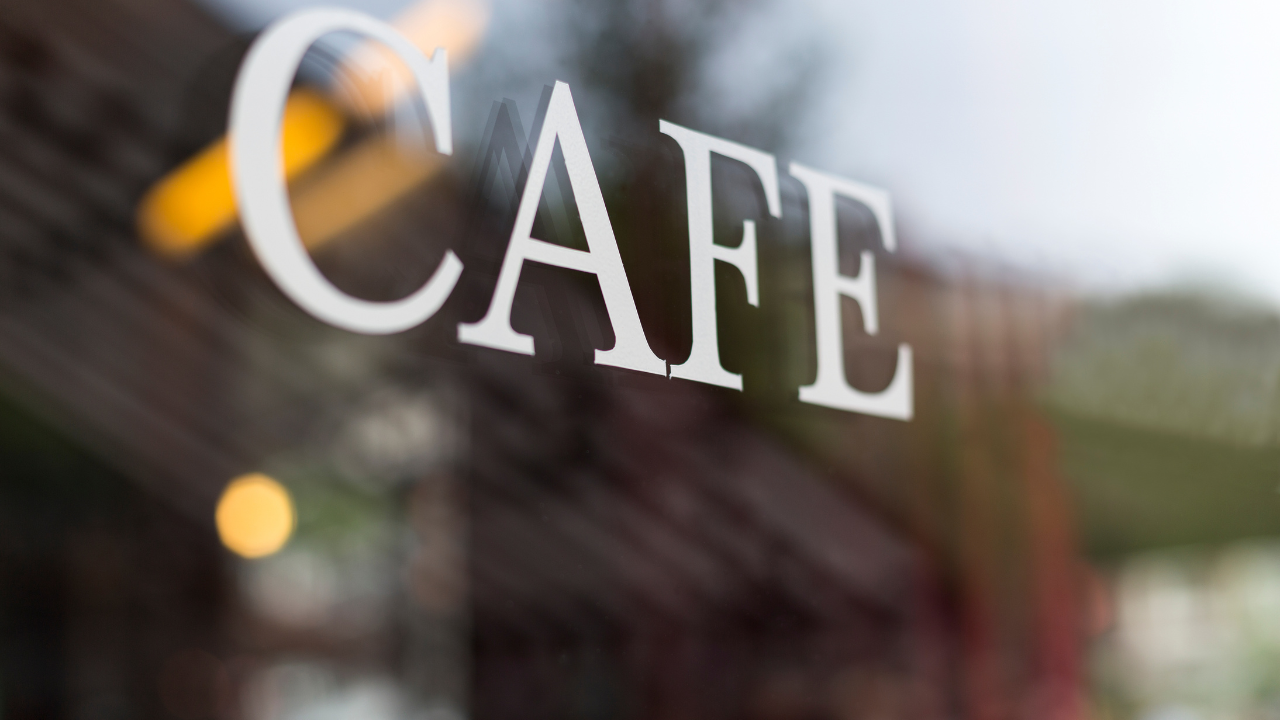
Why French Sounds So Romantic (Linguistically Speaking)
Apr 12, 2025Ah, French—the language of love, candlelit dinners, and dreamy songs that make you want to book a one-way ticket to Paris. But have you ever stopped to wonder why French sounds so romantic to so many people?
Is it just the accent? The musical flow? The cultural mystique? Well, yes… and also no. There’s actually some fascinating linguistic magic behind why French has that swoon-worthy sound.
🎶 1. The Melody of the Language
French is often described as a melodic language, and that’s not by accident. It has a natural rhythm and flow that make it sound smooth and harmonious. Unlike English, which tends to stress certain syllables more heavily, French has a more even stress pattern. Most syllables are pronounced lightly, and the stress usually falls at the end of a phrase.
That gives French its signature “flowy” sound. You’re not punching the words—you’re gliding through them.
💋 2. Soft Consonants, Open Vowels
French is full of soft, gentle sounds—think of the j in je t’aime or the r in Paris. These sounds are smoother and more breathy than their English counterparts, which can come off as harder or more abrupt.
And those lovely open vowels—ou, eu, a, é—they roll off the tongue in a way that feels almost like singing. The mouth moves in elegant shapes, and the words feel... well, kissable.
🤫 3. Liaison and Elision: The Secret Whisper
Ever noticed how French speakers seem to whisper one word into the next? That’s because of liaison (linking sounds between words) and elision (dropping certain vowel sounds). These features make sentences feel like a single, continuous breath.
Instead of hearing “il est allé” as three choppy words, you’ll hear it as ilestallé. It’s smooth, connected, almost like a secret being softly told. Très romantique, non?
🧠 4. Cultural Influence: The Romance of Romance
Let’s be honest—part of French’s romantic rep comes from its culture. Think of French poetry, chansons, cinema, haute couture, and, of course, Paris itself. The world has associated French with love, elegance, and charm for centuries.
This romantic image colors the way we hear the language. When we expect something to sound lovely, we hear it as lovely. That’s the psychology of sound and perception working hand in hand.
💌 5. The Language of Love... Literally
It’s not just how French sounds—it’s also what is said. French has a treasure trove of poetic, emotional expressions for love and affection:
-
Je t’adore – I adore you
-
Mon amour – My love
-
Tu me manques – I miss you (literally: you are missing from me)
-
Je pense à toi tout le temps – I think of you all the time
Even the grammar reflects tenderness. The phrase je t’aime places the other person (te) before the verb (aime). A subtle but beautiful gesture.
🥖 So, Is French the Most Romantic Language?
Maybe. Maybe not. Romance is, after all, in the ear of the beholder. But one thing is certain: French has a special sound and structure that touches people in a unique way—linguistically smooth, culturally rich, and emotionally expressive.
It’s no wonder that when someone whispers sweet nothings in French, we can’t help but melt a little.








